Crisis Intervention: An Alternative Lender’s View of CRE Finance
Chris Chakford, managing director of investments at Kawa, on continuing to originate deals in the coronavirus-strapped capital markets environment.
Debt markets remain active amid the ongoing economic disruption. Lenders continue to originate deals while reassessing underwriting strategies and creating customized solutions. Focused on alternative investments, Kawa is still deploying capital and diversifying its loan offering portfolio.
Chris Chakford, managing director of investments, talks about the company’s response to the COVID-19 crisis, and how Kawa is doubling down on lending products for sectors hit hard by the pandemic.
READ ALSO: How to Underwrite Real Estate Acquisitions During Volatile Markets
How is your approach to current market conditions different from other lenders?
Chakford: Banks are generally only lending to businesses and industries deemed essential and thriving during this time. While many non-bank lenders have taken the same approach, a few—including Kawa—are willing and able to put money to work in other areas. Our products include structured credit, bridge lending, credit tenant leases, NNN and mezzanine financing. This mixed product offering allows Kawa to build a diversified portfolio of loans across industries and sectors. When interest rates are low, the situation provides increased structural flexibility in creating customized solutions to meet our customers’ needs.
What can you tell us about available liquidity in the debt market?
Chakford: The Fed was able to move much more quickly than in previous crises to inject liquidity into the markets. This has stabilized debt markets. However, within the overall debt market, hard-hit sectors such as tourism and travel still have lower liquidity reflecting their current economic uncertainty. Kawa has stepped up its hospitality ground lease program to provide needed equity relief for sponsors, as they navigate this crisis.
What are some of the dos and don’ts for lenders right now? Tell us about Kawa’s process.
Chakford: The best thing for lenders to do during the crisis is to focus on understanding value. Regardless of investment type or structure, our process always starts with capital preservation, by fundamentally understanding the credit involved. Performing an in-depth analysis to find the intrinsic value, not the market’s perception of value, and make long-term growth and capital preservation priorities help us understand which businesses and industries are well-positioned to endure/thrive and those that will be more negatively impacted.
The lenders most susceptible to risk are those that have a loan portfolio too concentrated in hard-hit sectors, such as hospitality, combined with high LTV or subordinated positions. As states begin to reopen, lenders must keep in mind the impacts on businesses that are deemed essential vs. nonessential, and the possibility of a second wave of shutdowns.
How are developers moving forward amid construction lending woes brought on by the pandemic?
Chakford: We have seen a large increase in interest from developers within office and hospitality wanting to utilize a ground lease, as banks have pulled back. The developers recognize this as a means to provide a significant portion of their capital stack while reducing their equity requirements and overall debt costs.
How is your company handling all the uncertainty?
Chakford: Where necessary, Kawa is working with borrowers by providing creative solutions to relieve their obligations while protecting our investment and maintaining our fiduciary duties to our investors. In regard to deal flow, there has been an uptick in volume as deals that were scheduled to close fell through, with banks pulling back. We are staying patient in deploying risk capital, but diligent in searching for value.

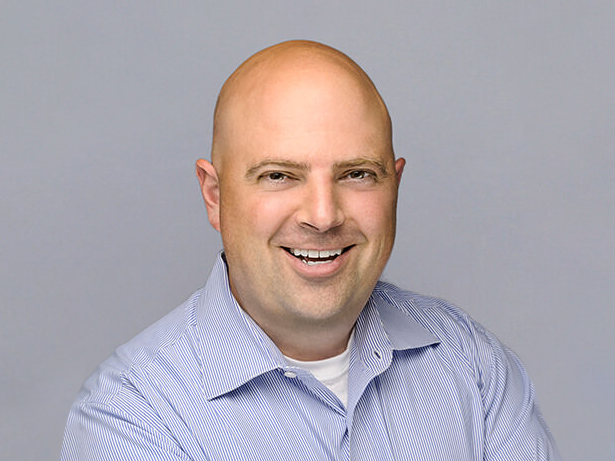



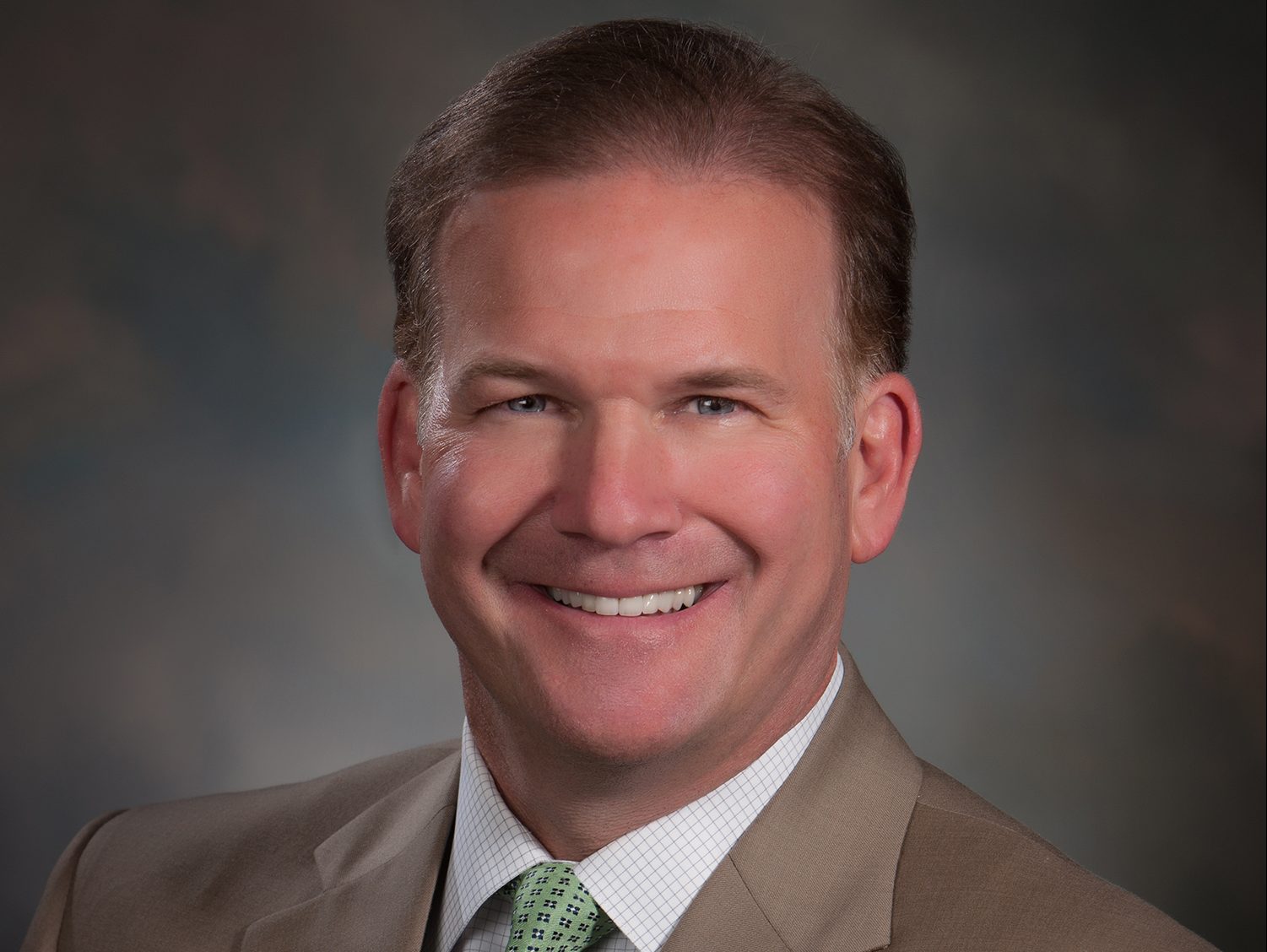
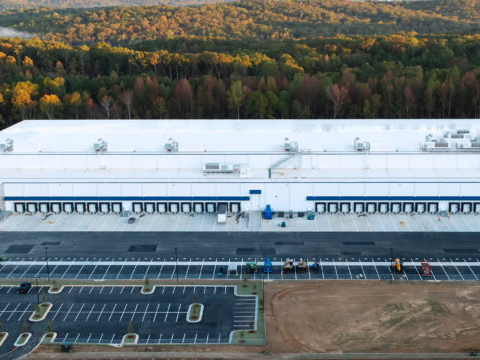
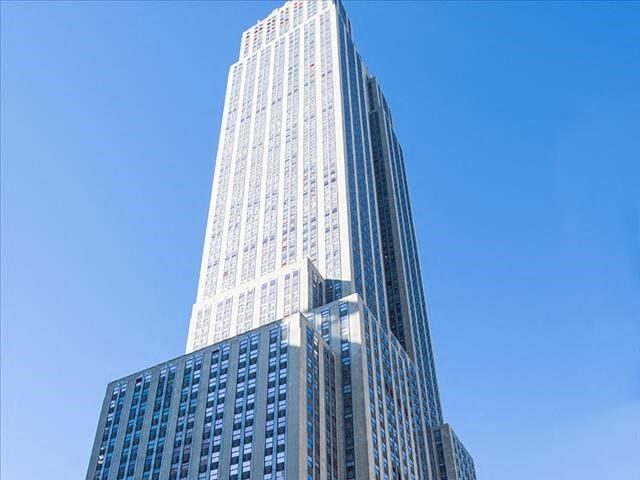
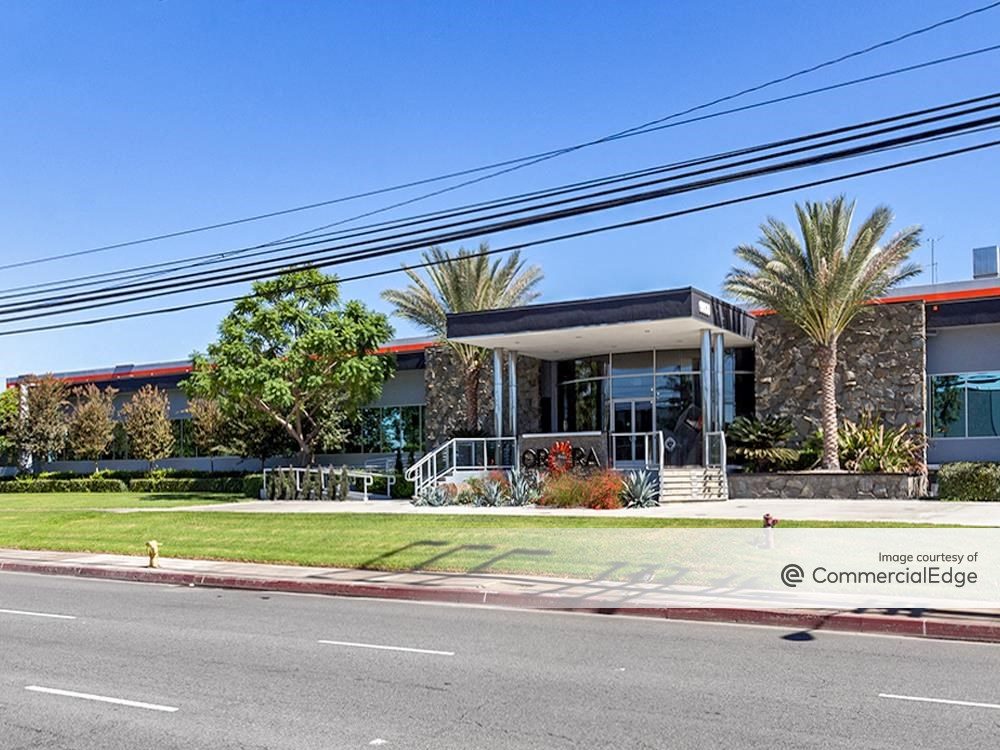
You must be logged in to post a comment.